Zukerman celebrates platinum birthday at Wolf Trap with mixed chamber program
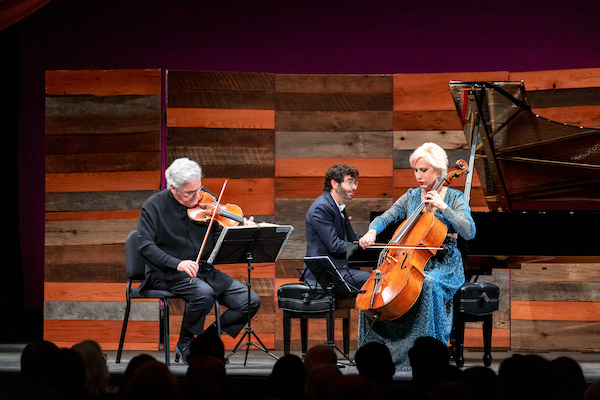
Pinchas Zukerman, Amanda Forsyth and Michael Stephen Brown performed at Wolf Trap Friday night. Photo: Abe Landes
Pinchas Zukerman turned 75 last summer. The star violinist has certainly earned his laurels, having played with the likes of Daniel Barenboim, Jacqueline du Pré, and Itzhak Perlman, starting in the late 1960s and 70s. He marked the milestone Friday night with a chamber music program in the Barns at Wolf Trap, featuring his wife, cellist Amanda Forsyth, and pianist Michael Stephen Brown.
Zukerman has not given many performances in the area in recent years, other than stepping in to replace an ailing Hilary Hahn or the occasional concert with his regular piano trio, formed with Forsyth and pianist Shai Wosner. The opening work on this program, Mozart’s Violin Sonata No. 21, gave listeners a chance to assess the still-gorgeous tone he could draw forth from the “Dushkin” Guarneri del Gesù, a violin made in 1742 that he has played for many years.
In the first movement, Zukerman’s musicality continued to impress, with elegant phrasing of the poignant triadic main theme in E minor. The only sign of wear and tear in his technique was occasional sour intonation on the E string, a slight weakening of the pitch mostly covered by copious vibrato. The second and final movement charmed with a delicate placement of the minuet theme, especially in the limpid soft section before the second minuet, in E major.
For the dual piano trios on the program, Zukerman chose two of the usual suspects, with a sense of revisiting some of his greatest hits. At the keyboard, Brown has most of the fireworks in Mendelssohn’s Piano Trio No. 1, for example, in the agitated first movement, where the piano has many more notes to play than either string musician. Forsyth had more persistent intonation issues and a sometimes forced tone that was louder than it needed to be.
Zukerman has become perhaps more reserved in his golden years, often holding back in deference to his colleagues but searching for places where he could take the spotlight, as in the gorgeous countermelody at the recapitulation of the first movement. Zukerman and Forsyth produced a well-blended duet on the strings-only sections of the second movement. Zukerman, master of the well-aimed glare, did his best to discourage applause between movements, mostly without success.
The Scherzo was all dancing lightness, with a feathery touch from Brown at the keyboard and playful interplay from both string players. All three gave a determined edge to the Finale, taken at a crisp, rapid pace, with an especially beautiful minor section in the middle. Zukerman and Forsyth did not quite line up in intonation on their octave doublings, one part of what limited this rendition’s effectiveness.
Zukerman found more ways to distinguish the group’s performance of Dvořák’s Piano Trio No. 4 (“Dumky”), which concluded the program. The six movements, each based on the form of a Ukrainian folk lament known as the dumka, flowed naturally over the many tempo shifts, giving the only real formal organization to this unusual piece. More intonation disagreements between the string players continued to crop up here and there, and Zukerman’s double-stops were a weakness in the second movement.
The fourth movement moved along too quickly, or so it seemed at the start, but Zukerman made a case for this more insistent interpretation, especially in the folk-style restlessness of the accelerations that enlivened the piece. Zukerman gave an old-school style to this old-fashioned program, especially in the final two movements, with a glowing romantic high sound in the fifth movement and a throaty G string brashness in the Finale.
Awkwardly, since the applause had ceased, the group ultimately returned for an encore, which finally offered something more off the beaten path. The “Prelude” from Shostakovich’s score for the 1955 Soviet film The Gadfly, arranged by his student Lev Atovmian as the first of his Five Pieces for Two Violins and Piano, worked quite well on violin and cello. The musical style, set in a sentimental B minor, was intentionally backward-looking but no less tender for it.
The program will be repeated 7:30 p.m. Saturday. wolftrap.org
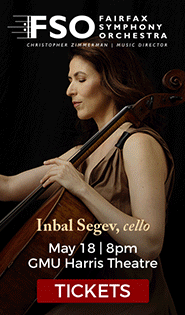

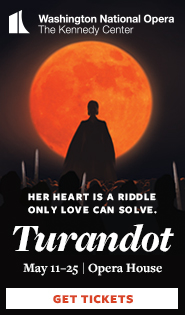
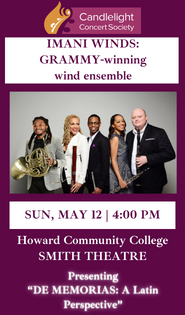
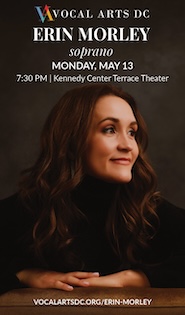

Posted Nov 04, 2023 at 5:24 pm by Dennis Gallagher
Thanks very much for this review. Though the technical comments are often over my non-musician head, the precision of them enabled me to relive in summary the concert I enjoyed last night.
Posted Nov 05, 2023 at 11:39 am by psindlinger
I saw the second night, November 4’s, Wolf-Trap Barns performance.
Honestly, I could not detect the intonation dissonances that you mentioned, but I will not quarrel with you over it. Yet, I certainly did prefer that third Dumky performance over either the first Mozart E Minor sonata or the second Mendelssohn trio. (Perhaps Zukerman warmed up to his initial intonation lapses?)
But what I will shout out and praise about that concert–and you might possibly here agree with me–was the “synchronicity” of all three of the performers in each-and-every musical set offering.
This synchronicity becomes all the more amazing especially if one realizes that the performance that you saw was the first time in which a virtuoso pianist had performed with the Zukerman or his musical couple complement.
I do remember (well by virtue of an old YouTube video) when Zukerman toured 40 years ago playing Schubert’s Arpeggione concerto. In contrast to that concerto performance, this past night showed Zukerman as being a simply fantastic fiddler that Zukerman still is. (& nor was Zukerman a middle-aged viola virtuoso of the 1980’s.)
So, last night I heard Zukerman as being a great, super-musical and paternal Papa Bear. For this reason, I did not care if Zukerman’s Guarneri’s e-string fingerings sometimes lacked perfect pitch with a little too much vibrato.
In the program finale, Zukerman’s Q/A answer (or closing remark) about war in general, all the wars that have happened during his 50-year tenure as a music performer, was appreciated and sobering.
For me–and surely not me alone–that final comment made by Zukerman about war in general was not lost: lost either to our political world or that musical abyss he mentioned of the night’s performance.